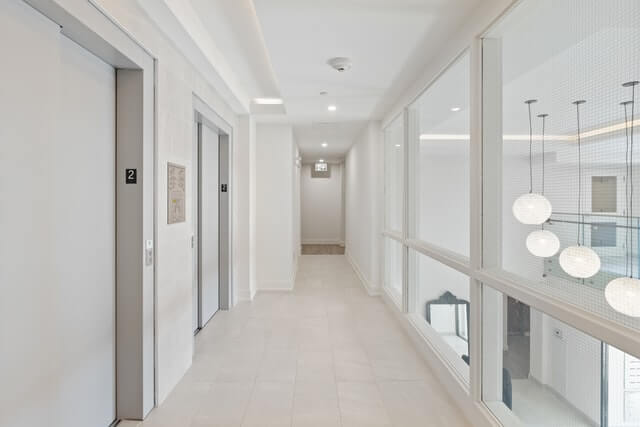In your experience as a leasing agent, you may notice that most of the rentals you handled are houses. You may also have advertised apartment buildings. People tend to invest money in freehold properties in which they own the real estate, including the land. They see it as having more freedom to do what they want with it.
However, with condominiums popping up almost everywhere, they might want to look into it. One of the reasons people would opt to invest in condos is because they are less expensive than freehold properties. Condominiums also have their property managers. The landlords would not have to worry about the upkeep. However, they should still do their part.
But if you don’t know how renting condos works in Toronto, you came to the right place. Here are some of the things you need to learn.

Identify if they permit renting.
Before the landlord buys a condo unit, he should confirm if the building rules include permitting renting. There is no point in purchasing if they cannot use it for their intent. If the condominium allows it, landlords should review the policies about renting out to others.
If the landlords push through with it, they should remind their tenants that they should strictly follow the building’s regulations. The landlords will be liable if the tenants fail to comply with the rules.
Ascertain the market
Landlords do not have to rush to buy a condominium unit. They must gauge the market to know how much they can charge for rent. It will help determine their expected income from condos, minus the expenses.
Some landlords may ask you to do comparative research about other units. You can find out how much other condominiums cost, how much they charge for rent, and if they’re saleable. Make sure that you compare units similar to what the landlord plans to buy.

Find out the share of renters.
Although some buildings may allow owners to rent out their condos, they may have limitations. Some prefer to have more of their units occupied by the owner rather than having other tenants. Again, landlords and agents should check the policies.
Demand for rooms
Condominium units have different sizes and numbers of rooms. If a landlord wishes to purchase one, he should first check the demand and trend. Do tenants prefer a one-bedroom type or two-bedroom? Knowing which one the majority favors will increase the chances of the investment working out.
It will also give the landlord an idea of how much he can afford. The bigger the condo, the higher the price. The downpayment is 5% for a unit under $1 million, while 20% for those over $1 million.
Do the math.
Owning a condominium is different from owning a freehold property in terms of expenses. They have maintenance fees, home insurance, internet or cable, and property taxes. Buildings with parking spaces charge extra and cost between $25,000 to $75,000.
Before finalizing their plans of renting out condominiums, landlords should compute the numbers and deliberate the rent and expenses. They must evaluate their income for this type of rental.

Make a lease agreement.
When making a lease agreement, landlords and leasing agents must remember a few things. Aside from the rental price and lease duration, you have to consider the condominium’s rules and policies. Incorporating the regulations will prevent issues between the landlords and the company.
If you know someone thinking about buying a condominium with renting in mind, you can confidently talk it over with them. Once everything is final, the landlord will likely ask you to advertise it. Do you know the perfect website to use? If not, go and try signing up for Padleads. You can post your listing and even syndicate it to other sites online. You will for sure find a would-be condo tenant soon.